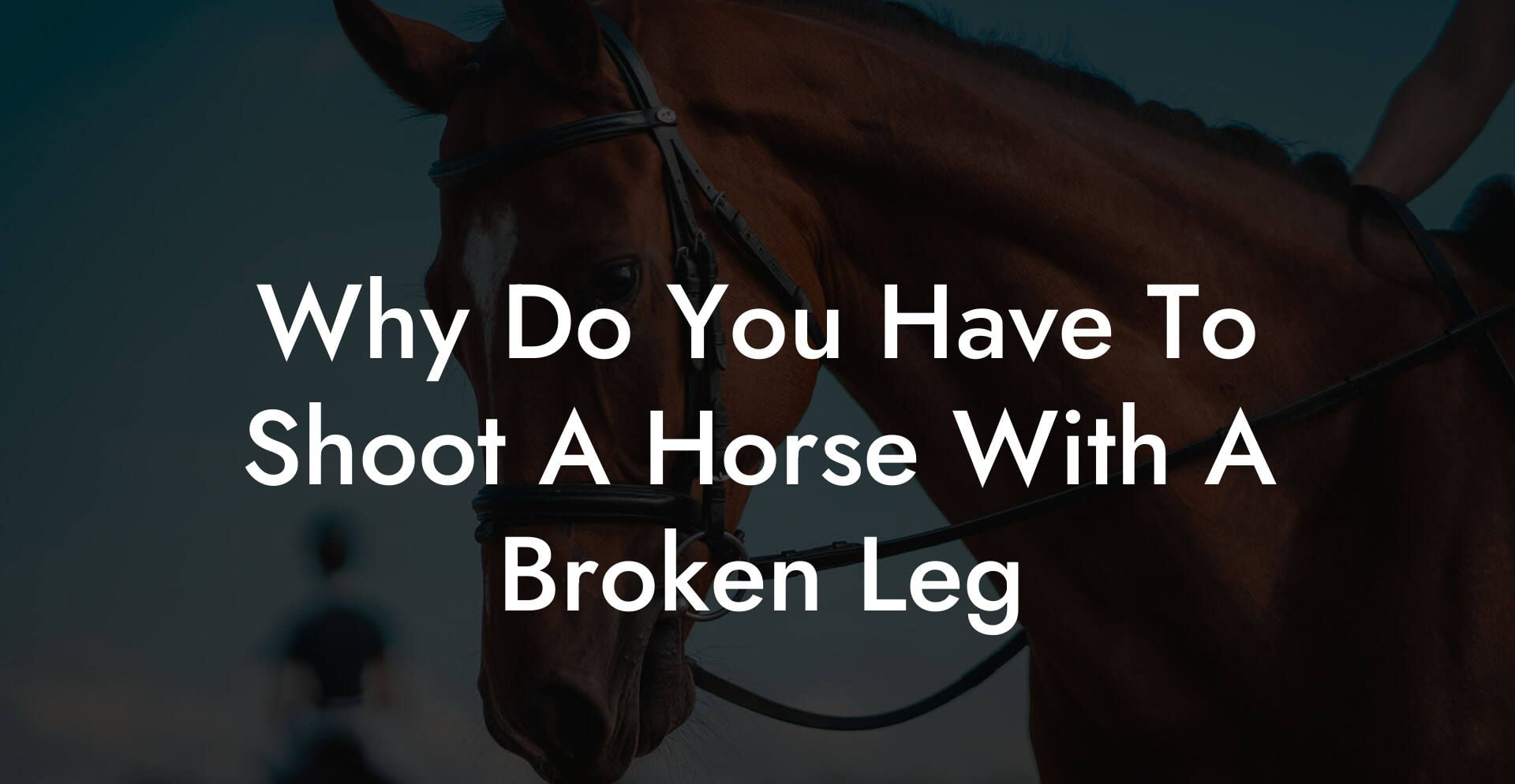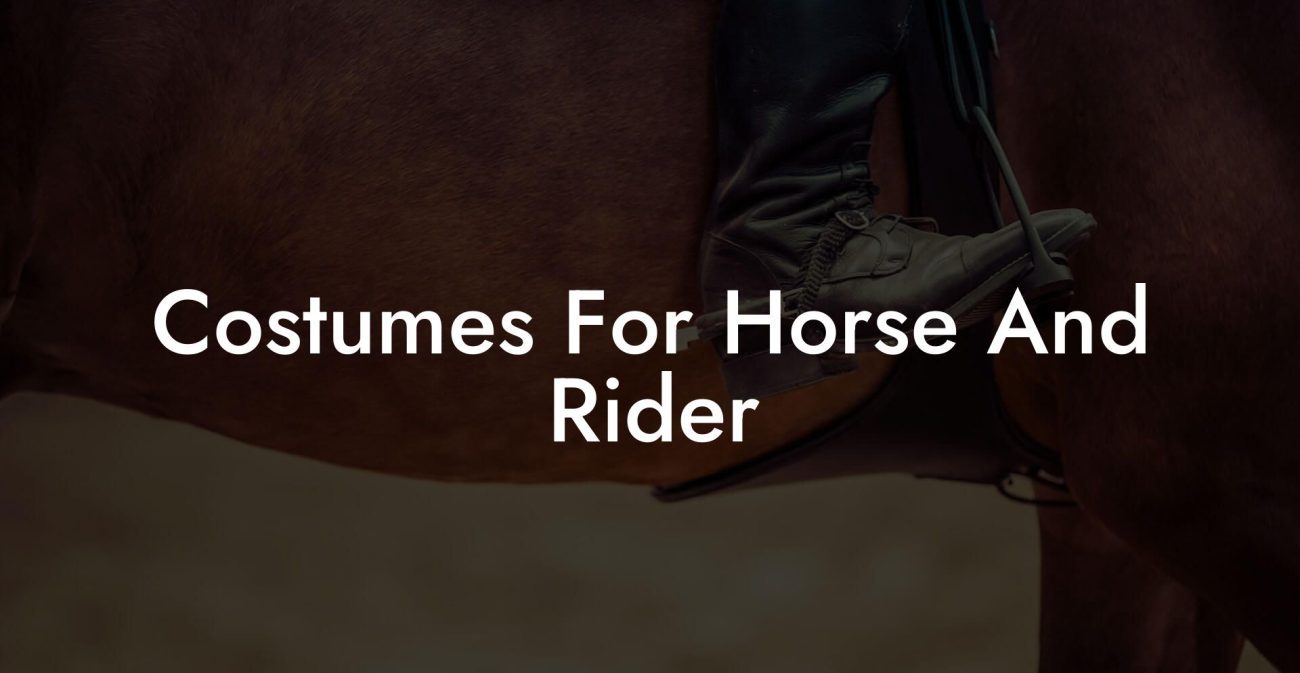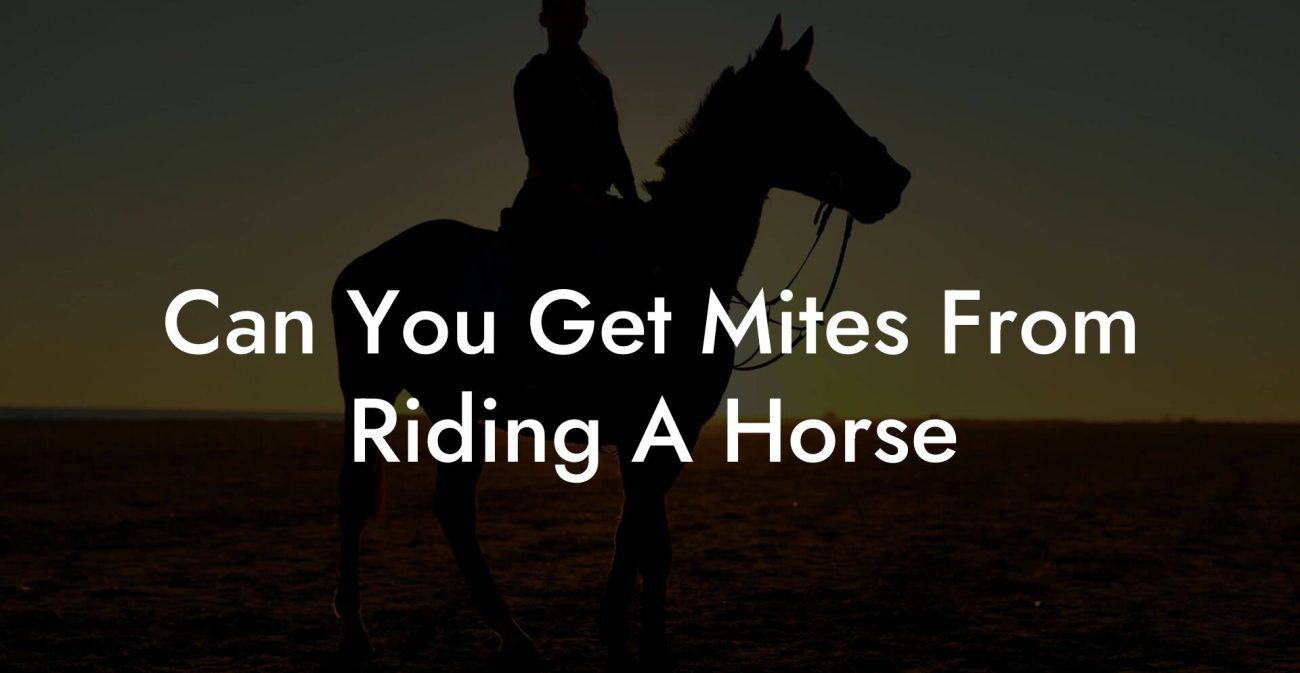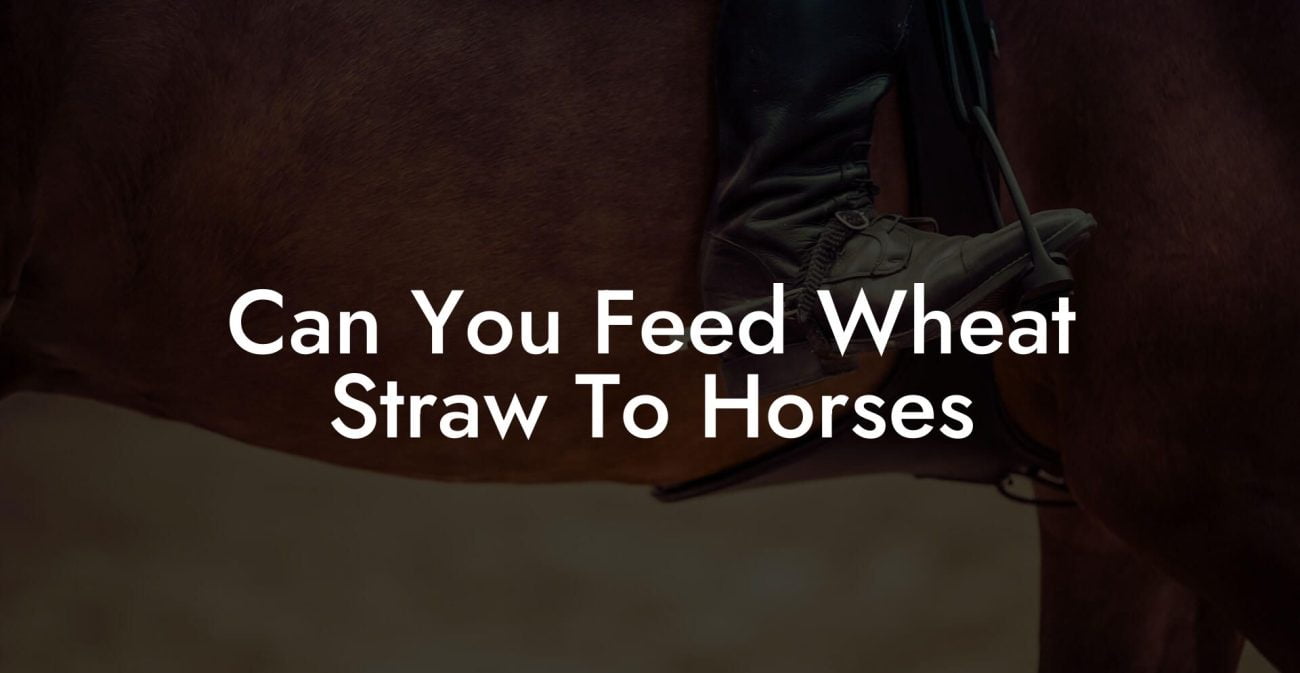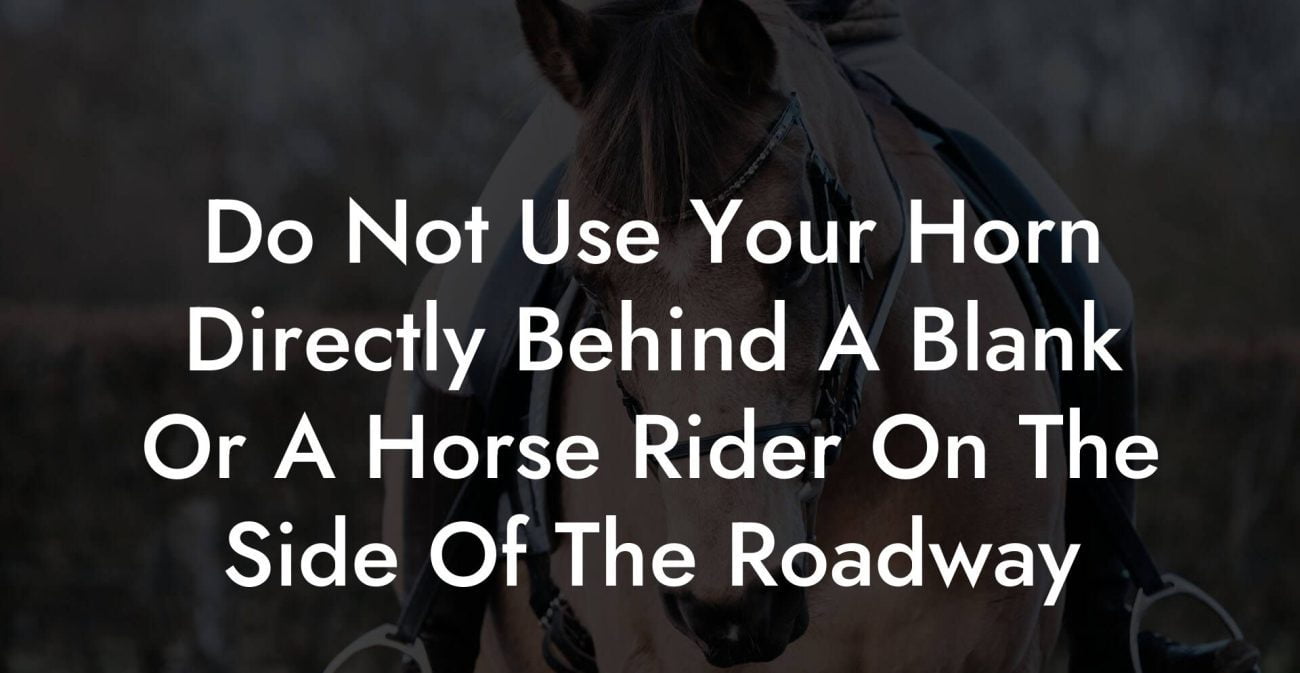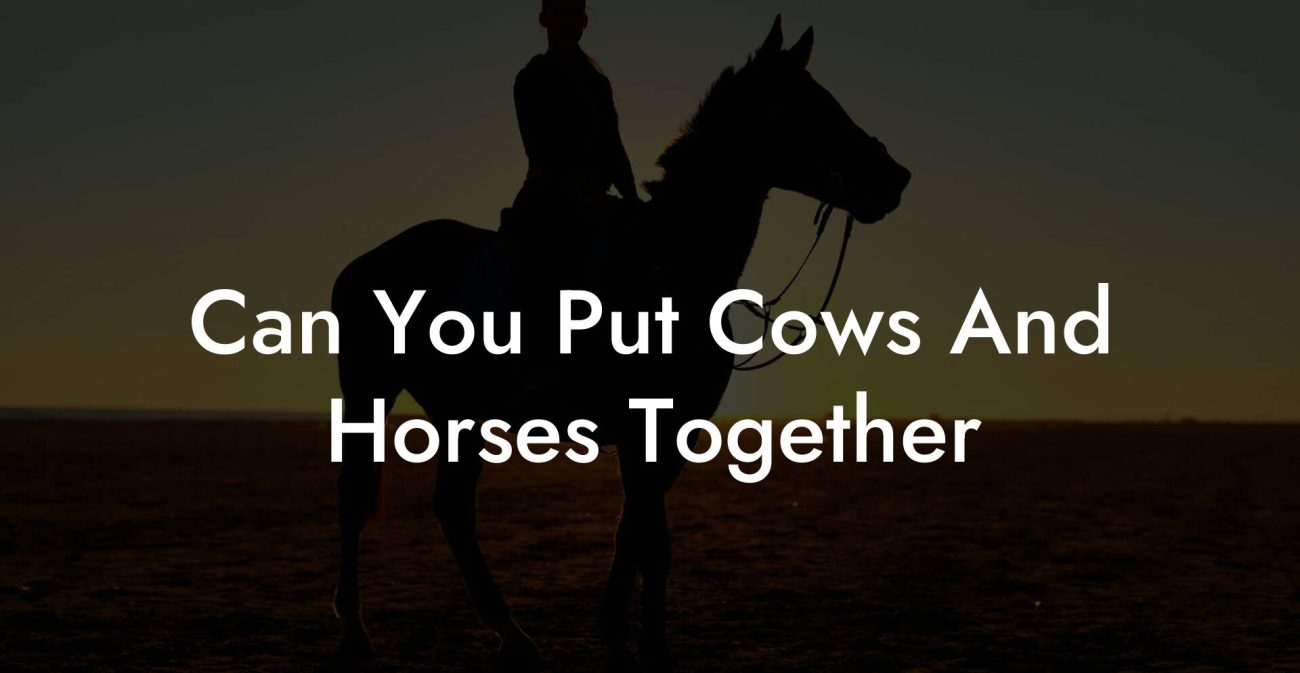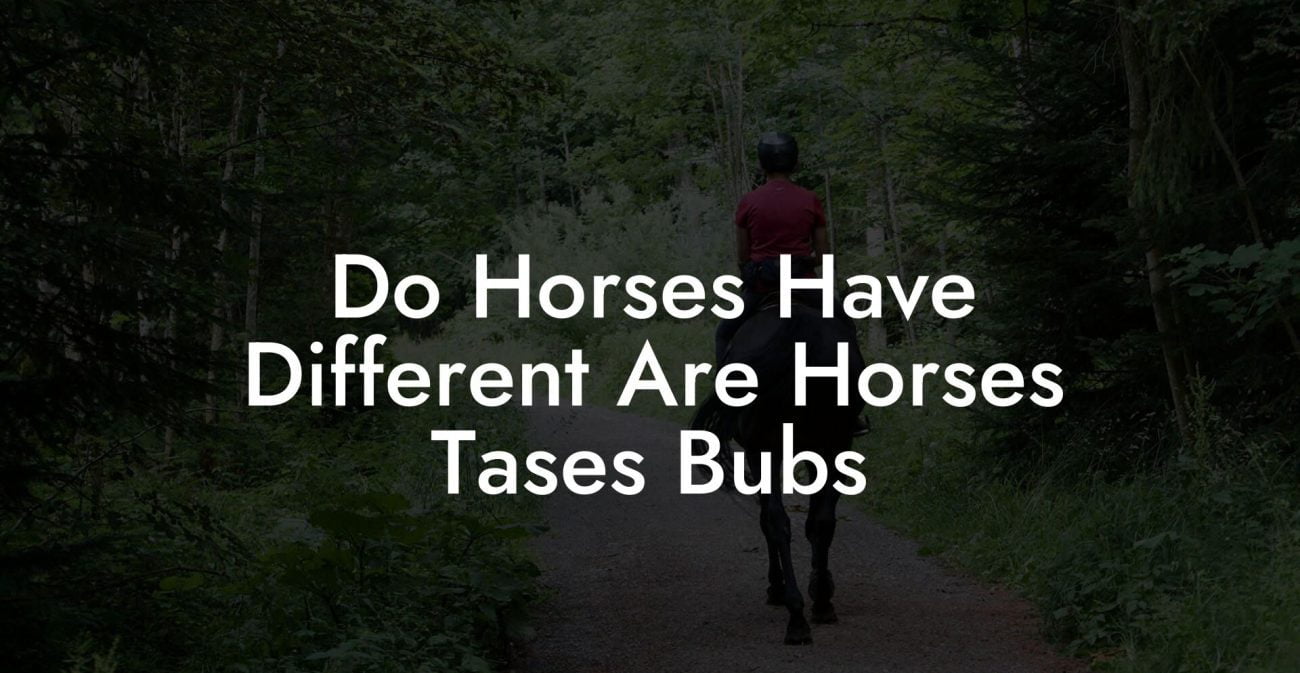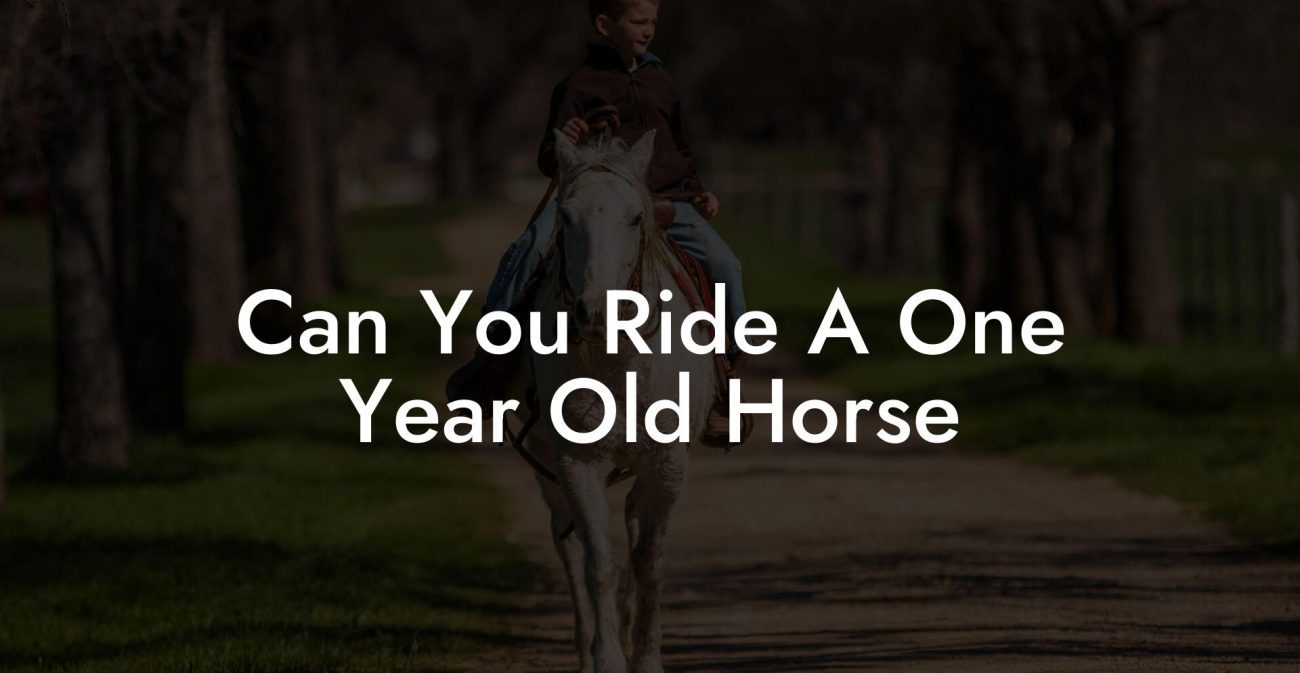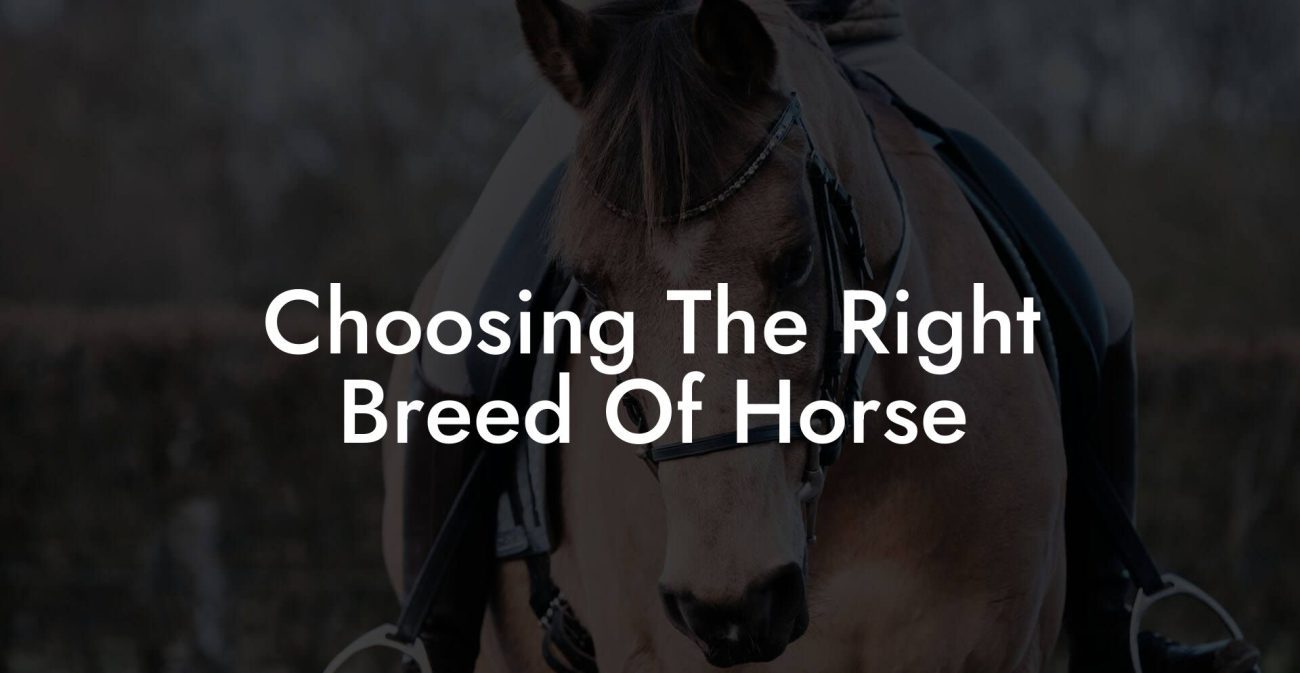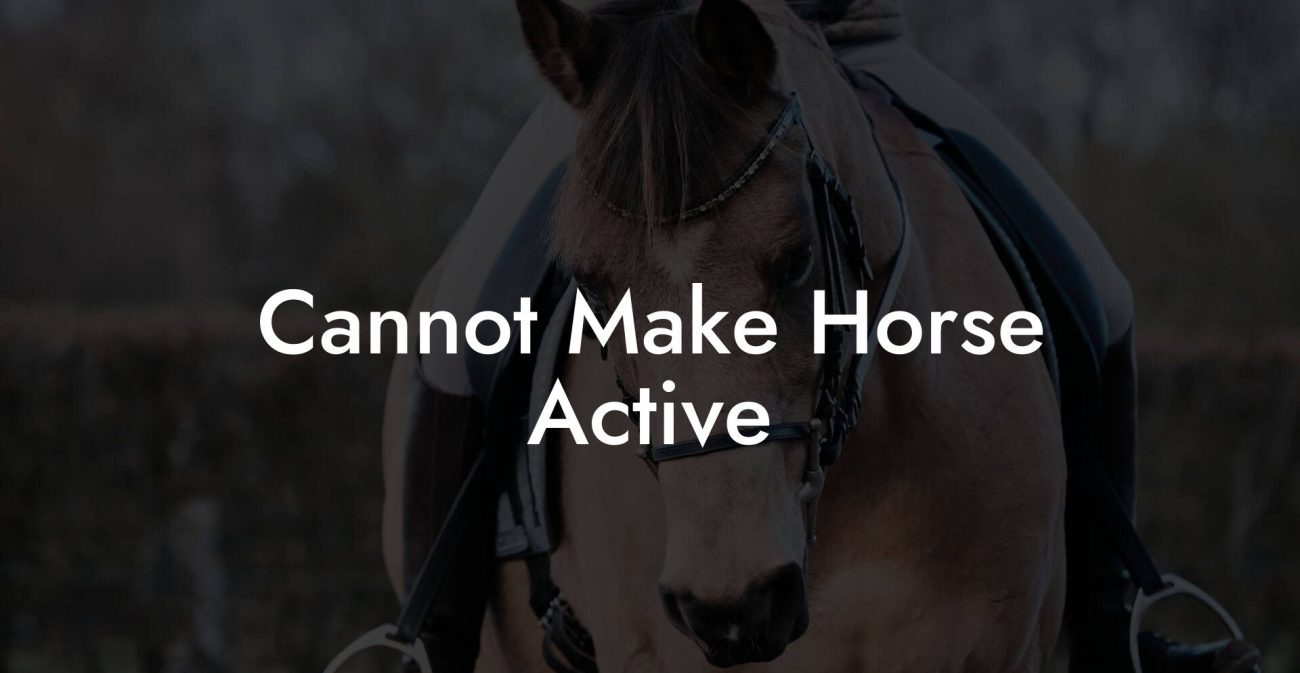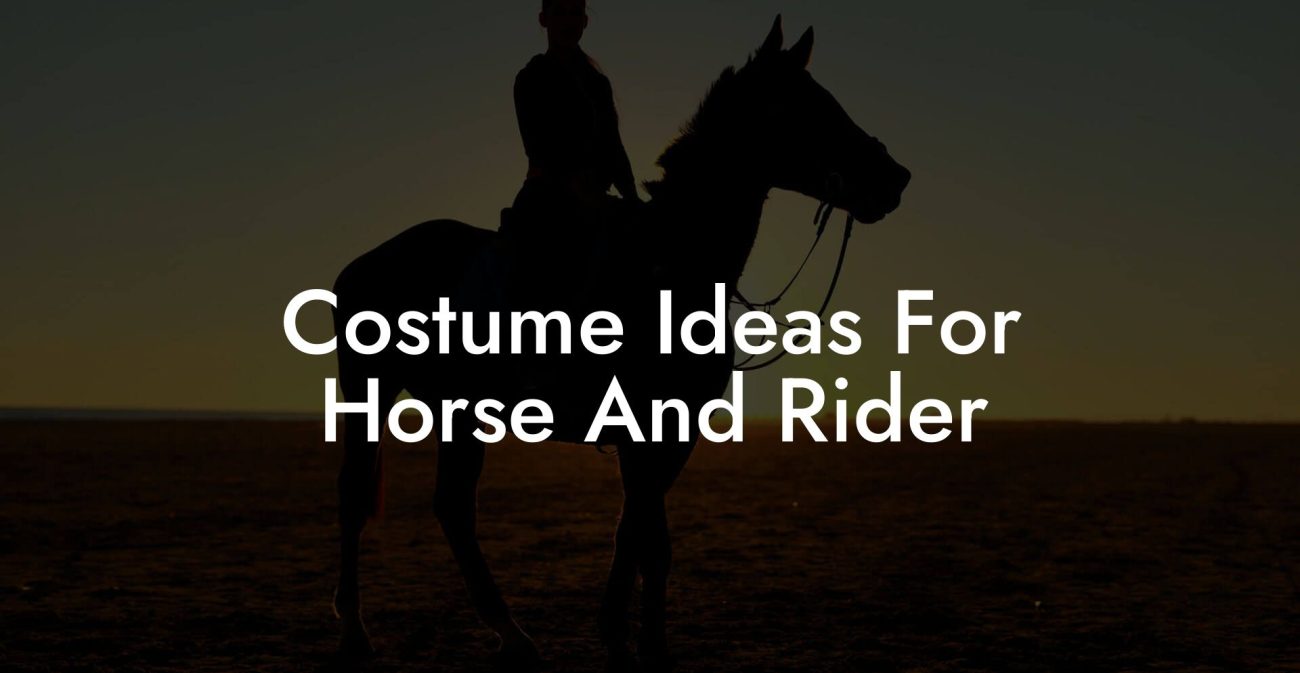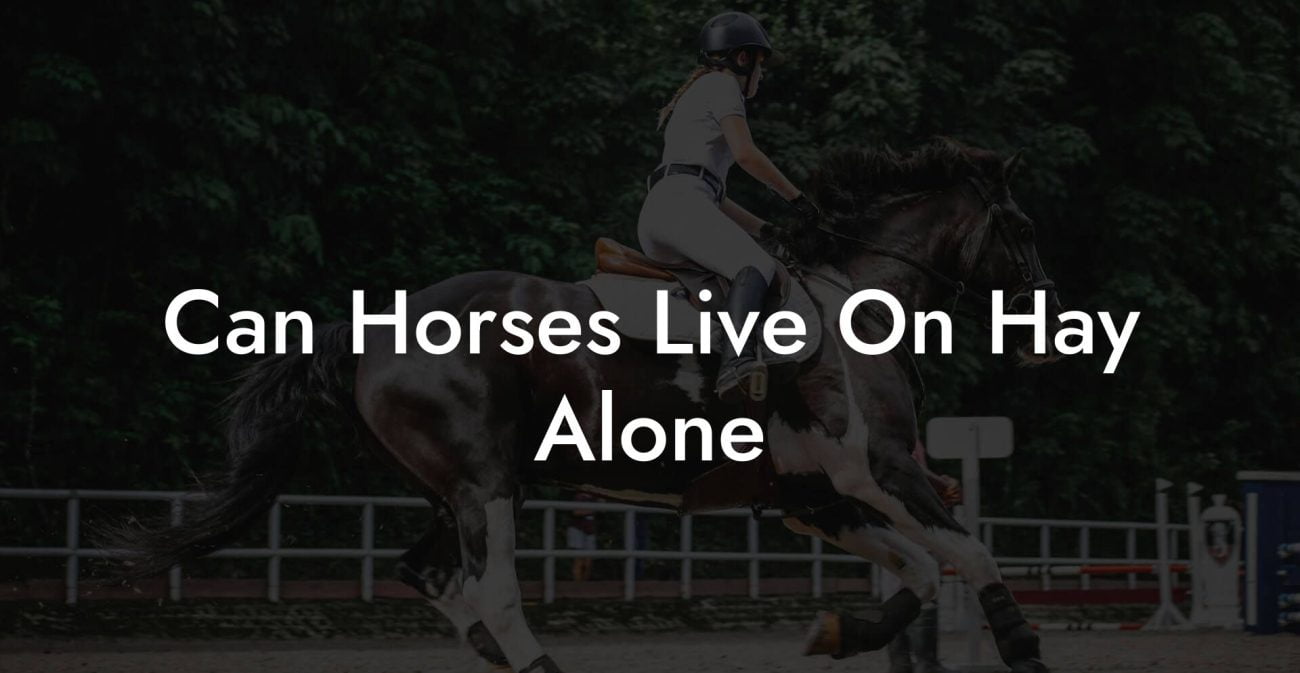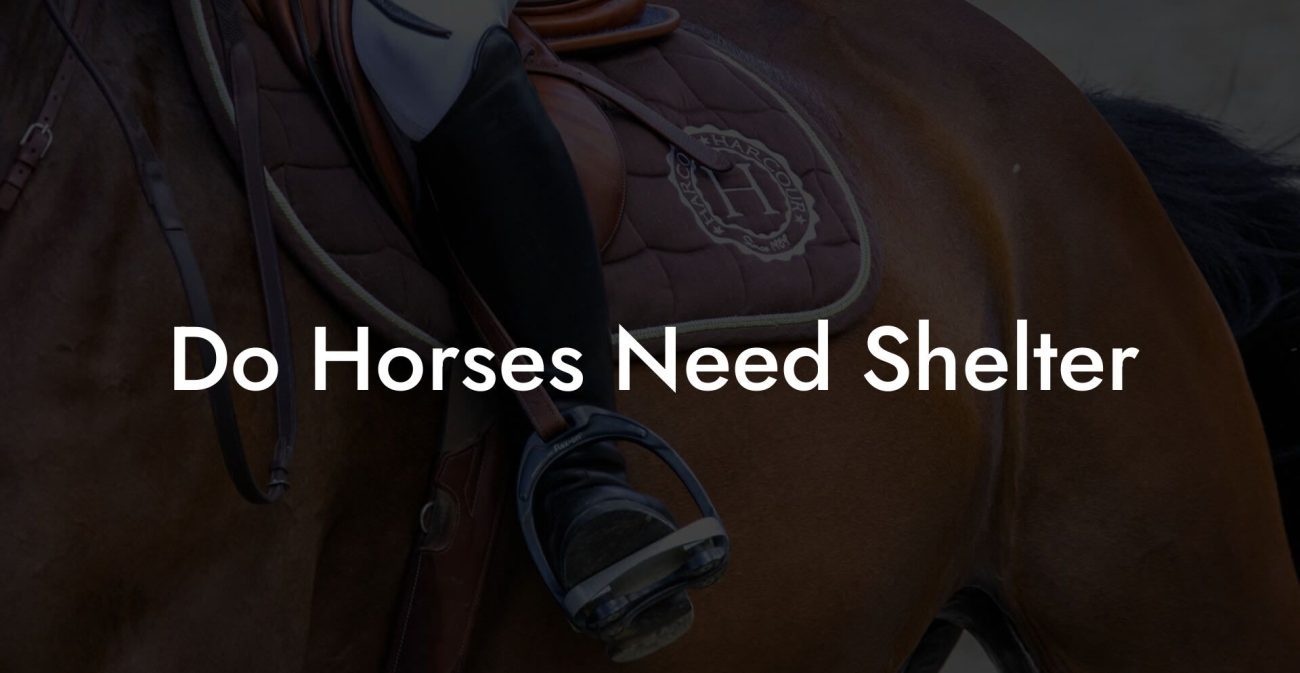Ever stumbled upon that wild old expression, “Why do you have to shoot a horse with a broken leg?”, and wondered if it’s a commentary on medieval horse-care ethics or just an absurd metaphor for making impossible decisions? Let’s dive headfirst into the curious, sometimes darkly humorous, and ultimately enlightening world of equine care, where tough choices collide with cutting-edge veterinary science, ethics, and a splash of millennial irreverence.
Quick Links to Useful Sections
- The Origins and Evolution of a Gritty Expression
- The Equine Anatomy: Why a Broken Leg Is So Catastrophic
- The Harsh Realities of Veterinary Decision-Making
- Modern Veterinary Techniques: Can We Rewrite the Ending?
- Advanced Surgical Interventions
- Regenerative Medicine
- External Skeletal Fixation Devices
- The Ethical Dilemma: Balancing Compassion with Practicality
- Real-Life Stories: Lessons from the Field
- Holistic Approaches and Integrative Care in Modern Equine Medicine
- Best Practices for Caring for a Horse with a Broken Leg
- 1. Swift and Accurate Diagnosis
- 2. Consult with Equine Orthopedic Specialists
- 3. Evaluate All Treatment Options
- 4. Prioritize Quality of Life
- 5. Implement a Comprehensive Aftercare Plan
- 6. Leverage Technology and Telemedicine
- Resources and Community Support: Your Next Steps
- Integrative Case Studies: Learning from the Front Lines
- Case Study 1: A Champion’s Last Ride
- Case Study 2: Defying the Odds with Integrative Veterinary Care
- Case Study 3: When Compassion Trumps All
- Creating a Proactive Equine Care Strategy: A Blueprint for the Future
- Step 1: Early Detection and Preventative Measures
- Step 2: Build a Network of Trusted Experts
- Step 3: Stay Informed with the Latest Research
- Step 4: Consider Integrative and Holistic Therapies
- Step 5: Document and Reflect on the Journey
- Integrative Equine FAQs: Your Questions Answered
- Embracing the Complexity of Equine Care
The Origins and Evolution of a Gritty Expression
At first glance, “Why do you have to shoot a horse with a broken leg?” might sound like a bizarre riddle or a punchline from a joke that’s been passed down through generations of horse whisperers and rodeo clowns. But peel back the layers, and you find a phrase rooted in the harsh realities of traditional animal husbandry, where the welfare of a severely injured animal often left caretakers with an agonizing choice.
Historically, a broken leg in a horse was almost always a death sentence. Unlike our human bodies, a horse’s delicate skeletal structure is built for speed and power. When one of those powerful limbs shatters, the ensuing complications, from uncontrollable pain to the risks of infection, made medical intervention not just risky, but in many cases, downright inhumane. The grim alternative? Euthanasia. Over time, this dire circumstance transformed into an idiom, reflecting the brutal choices that sometimes must be made in the face of overwhelming odds.
Today, with advances in veterinary medicine and improved animal welfare standards, the conversation has shifted. We now debate whether every horse with a broken leg truly deserves to be put down, or if integrative approaches and cutting-edge treatments could one day transform a fatal prognosis into a second chance at life. Understanding the evolution of this phrase gives us much more than a window into historical practices, it sheds light on the ethical, practical, and technological challenges of modern equine care.
The Equine Anatomy: Why a Broken Leg Is So Catastrophic
Horses aren’t just any animals, they’re majestic powerhouses with specialized anatomy honed by millions of years of evolution. Their legs, for instance, are marvels of natural engineering, built for speed, endurance, and the raw power needed for rapid escapes from predators. However, this exquisite design comes with a catch: there’s an inherent lack of redundancy. In human bodies, we have multiple ways to compensate when one part falters, but a horse’s leg is so intricately designed that a single fracture can send the whole system into chaos.
When a horse breaks a leg, it’s not just about the shattered bone. There’s a cascade of consequences, catastrophic blood loss, nerve damage, and a skyrocketing risk of severe infections. Even with modern veterinary techniques, the delicate balancing act required to save a horse is often fraught with obstacles. The very structure that makes horses so incredible also makes them incredibly vulnerable to this kind of trauma. Without the luxury of robust collateral circulation and redundant pathways, even a well-intentioned repair might not offer the quality of life that ethical standards demand.
This anatomical understanding is crucial. It helps us appreciate why, in many cases, vets and horse caretakers make the heart-wrenching decision to euthanize rather than subject the animal to prolonged suffering or an uncertain recovery. It’s not about a lack of caring, it’s about recognizing the limitations of current medical science in the face of nature’s uncompromising design.
The Harsh Realities of Veterinary Decision-Making
Let’s be real: making the decision to euthanize a beloved animal is one of the toughest calls a veterinarian or horse owner can face. When a horse suffers a broken leg, the hand of fate often seems to be dealing an irreversible blow. However, advances in veterinary medicine have introduced new factors to consider, making the decision a blend of science, ethics, and a dash of gut instinct.
On one side of the scale, there’s the imperative to prevent unnecessary suffering. Horses are sensitive, intelligent creatures with a lot to offer, and watching one endure relentless pain and a diminished quality of life is nothing short of heartbreaking. Despite heroic efforts, the likelihood of a full recovery can be slim, especially when complications like laminitis (inflammation of the tissues surrounding the hoof) enter the conversation.
On the flip side, what if modern technology could intervene? Over the past few decades, techniques such as advanced surgical repair, external skeletal fixation, and even experimental regenerative therapies have opened up new possibilities for saving limbs that once were doomed. But these methods are not without their own set of risks, costs, and ethical dilemmas. Is it fair to subject an animal to a lengthy, uncertain treatment that might never restore its former vitality? Or is it our responsibility to try every possible avenue, even if the odds are stacked against us?
For many in the veterinary field, the decision boils down to a question of quality over quantity. At what point does an attempt to save a life turn into an act of prolonged suffering? These are not easy questions to answer, and the lack of a one-size-fits-all solution only adds to the complexity. Nonetheless, every decision is made with a heavy heart and a mind full of compassion, even if the conclusion occasionally sounds as final as the old adage suggests.
Modern Veterinary Techniques: Can We Rewrite the Ending?
Despite the seemingly grim prognosis for horses with broken legs, the frontier of veterinary medicine is forever expanding, fueled by innovation, research, and an unyielding determination to save lives. Let’s take a deep look at some of the groundbreaking techniques that, if perfected, might offer alternatives to the age-old dilemma.
Advanced Surgical Interventions
While the anatomy of the horse makes surgery particularly challenging, new methods are emerging that allow for more precise and successful interventions. Techniques such as internal fixation and the use of locking plates offer a promising alternative to traditional methods. These innovations help stabilize the affected limb, reducing the risk of further injury and giving the bone a better chance to heal correctly.
However, these procedures are not without risks. The high-stakes nature of equine surgery means that even minor complications can be life-threatening. Additionally, the cost and necessary aftercare are considerable, often making such methods accessible only to a select few with the financial means and resources.
Regenerative Medicine
Imagine harnessing the power of stem cells and platelet-rich plasma to stimulate bone regeneration, a concept that seems almost straight out of science fiction but is increasingly becoming a subject of serious research in veterinary medicine. These therapies aim to jump-start the body’s natural healing processes, potentially transforming the outlook for horses with severe injuries.
Despite the hype, regenerative treatments for equine fractures are still experimental. Clinical trials and case studies show promise, though real-world success stories remain limited. The potential is there, but the path to widespread application is riddled with challenges that range from regulatory hurdles to cost-effectiveness.
External Skeletal Fixation Devices
External fixators, which are essentially high-tech splints made of metal and plastic, have been game-changers in human orthopedics, and they’re beginning to make waves in equine medicine too. These devices allow veterinarians to support a broken leg externally, giving the bone the necessary environment to mend while minimizing the risk of complications.
The adaptability of external fixators offers a glimmer of hope. However, they require meticulous management, and the recovery process can be long and arduous. In some cases, despite the best efforts, complications such as pin infections or improper alignment may still lead to the heartbreaking necessity of euthanasia.
In the mix of these emerging treatments lies the potential to rewrite what once seemed like an unchangeable fate. Yet, the reality remains that not every horse is a candidate for these high-risk, high-reward interventions, a fact that continues to challenge and inspire the veterinary community.
The Ethical Dilemma: Balancing Compassion with Practicality
When faced with the decision of whether to proceed with advanced treatment or to opt for euthanasia, ethical considerations take center stage. At its core, this debate is about weighing the potential for recovery against the inevitability of prolonged suffering. It’s a predicament that tugs at the heartstrings while challenging professional judgment.
One of the most difficult aspects is the quality of life. Is it justifiable to extend an animal’s life if that life is marred by constant pain, impaired mobility, and the threat of further complications? Many veterinarians and horse owners alike lean toward a philosophy that prioritizes the animal’s comfort over the sheer will to live at any cost.
Critics of euthanasia argue that every life has inherent value and that no potential for recovery should be disregarded lightly. Proponents, on the other hand, emphasize humane treatment, asserting that sometimes a compassionate end can prevent months or even years of unnecessary suffering. In this light, the decision to “shoot a horse with a broken leg” is not a mark of cruelty, but rather a grim acknowledgment of the limitations of current medicine, and a deeply personal choice guided by the desire to alleviate suffering.
For many modern caretakers, the answer is not always clear-cut. Navigating this ethical maze requires candid discussions between veterinarians, owners, and, in some cases, even animal ethicists. There are no easy answers, only difficult decisions made in the spirit of doing what’s best for the animal.
Real-Life Stories: Lessons from the Field
To understand the nuances of this debate, sometimes the best approach is to hear the stories of those who have been on the front lines. Consider the case of Blue, a spirited quarter horse known for his unbeatable charm and lightning-fast sprints. When Blue suffered a severe leg fracture during a competition, his owner was thrust into a whirlwind of despair, confusion, and hope.
Veterinary experts carefully explained Blue’s condition, laying out the grim prognosis despite every modern intervention available. After days of consultations, painful discussions, and tearful goodbyes, the decision was made to humanely euthanize him, a choice that was as heartbreaking as it was pragmatic. Blue’s story resonates with many caretakers, it’s a sobering reminder that even the most spirited animal sometimes meets an inevitable end when nature’s laws overpower all medical ingenuity.
In contrast, there’s the story of Star, a gentle mare whose broken leg initially spelled tragedy. Through an aggressive regimen involving cutting-edge surgical intervention, constant veterinary oversight, and the support of a dedicated care team, Star not only survived but made a remarkable recovery. Her journey from injury to rehabilitation is nothing short of miraculous, inspiring a renewed commitment to exploring integrative approaches in equine care. However, it’s essential to note that Star’s case, while uplifting, is the exception rather than the rule.
These real-life case studies highlight the spectrum of outcomes in equine traumatic injuries. They reveal a profound truth: each horse is unique, and so too must be the decision-making process regarding their care. The stories compel us to appreciate the immense dedication of veterinarians and owners alike, who strive to balance hope with hard-earned realism.
Holistic Approaches and Integrative Care in Modern Equine Medicine
While the phrase “shoot a horse with a broken leg” might evoke images of finality, the modern approach to equine care is anything but that monochrome outlook. Holistic and integrative veterinary practices are steadily gaining ground, driven by a growing consensus that a multi-faceted approach might offer the best chance at improving outcomes.
For instance, holistic care isn’t just about treating the physical injury. It involves considering the emotional well-being of the animal, the environmental factors that contribute to recovery, and the use of complementary therapies that can alleviate pain and speed up healing. Modern equine centers now incorporate physical therapy, acupuncture, and dietary adjustments as part of a full-spectrum approach to recovery.
Take acupuncture, for example. While it might sound like something plucked from a mystical past, many veterinarians have found that acupuncture can reduce inflammation and pain in injured horses. When combined with conventional treatments, these techniques may offer a holistic suite of care options that help the horse manage discomfort and possibly enhance recovery.
Similarly, nutritional strategies are emerging as key elements in equine rehabilitation. Diets tailored to reduce inflammation, support tissue repair, and boost overall immunity can prove invaluable during the recovery process. With a focus on high-quality forages, balanced minerals, and omega-3 rich supplements, modern horse care is increasingly looking at the whole creature rather than just the injury.
While we’re not suggesting that integrative therapies can magically reverse a catastrophic fracture, their role in improving comfort, reducing pain, and potentially supporting the healing process is gaining recognition. For many owners, these options represent a middle ground, a way to explore every avenue before arriving at the most challenging decision.
Best Practices for Caring for a Horse with a Broken Leg
Whether you’re a seasoned horse owner or a Gen-Z newcomer fascinated by all things equine, knowledge is power. When it comes to managing a horse with a broken leg, preparation, compassion, and literacy in modern veterinary science are your best allies. Here are some best practices that blend pragmatic advice with the latest in equine care innovations:
1. Swift and Accurate Diagnosis
Time is of the essence in any serious injury. The moment a broken leg is suspected, prompt veterinary evaluation is critical. Advanced imaging techniques like X-rays, CT scans, or even MRI (if available) can help pin down the severity of the fracture and guide the treatment plan.
2. Consult with Equine Orthopedic Specialists
Not every veterinarian is a specialist when it comes to complex fractures. Seek out professionals with a proven track record in equine orthopedics. Their expertise can help ensure you’re exploring every viable option, from conservative management to state-of-the-art surgical interventions.
3. Evaluate All Treatment Options
From external skeletal fixation devices to regenerative medicine techniques, understanding the full spectrum of available treatments is key. Engage in thorough discussions about the potential outcomes, risks, and aftercare requirements associated with each option.
4. Prioritize Quality of Life
Every decision should always circle back to one central question: “Will this improve the horse’s quality of life?” Never lose sight of the animal’s comfort, dignity, and happiness. Sometimes, the most compassionate choice is to prevent needless suffering rather than to cling to hope at all costs.
5. Implement a Comprehensive Aftercare Plan
Recovery doesn’t stop when the horse leaves the operating table, or when the last stitch is placed. Establishing a detailed aftercare plan that includes physical therapy, nutritional support, and regular check-ups is essential for monitoring progress and catching complications early.
6. Leverage Technology and Telemedicine
Modern technology isn’t just for selfies and social media. Telemedicine, wearable health trackers, and digital monitoring systems can help keep a watchful eye on your horse’s recovery process, enabling rapid intervention if problems arise.
Incorporating these best practices into your horse care routine not only enhances the potential for a positive outcome but also empowers you to make informed decisions in some of the most challenging moments of an equine crisis.
Resources and Community Support: Your Next Steps
Navigating the labyrinth of decisions surrounding a horse with a broken leg can feel incredibly isolating. However, you’re not alone. Across the internet and in regional equine communities, there’s a wealth of resources designed to offer support, firsthand advice, and even potential alternatives you may not have considered.
Explore online forums, join social media groups, and attend local equine health events. These vibrant communities are brimming with riders, owners, and veterinary professionals who share their own experiences, tips, and innovative solutions. Not only will you gain a clearer perspective on the ethical, medical, and emotional challenges at hand, but you may also discover alternative approaches or breakthrough treatments you never knew existed.
Additionally, many veterinary hospitals offer educational webinars and resources that delve into the latest in equine orthopedic care, integrative therapies, and patient rehabilitation techniques. Don’t hesitate to tap into these sources, they can empower you with the cutting-edge knowledge needed to advocate effectively for your horse’s well-being.
Remember, every equine journey is unique. Whether you’re facing difficult decisions or celebrating a miraculous recovery, the combined strength of expert advice and community solidarity can be a guiding light in times of uncertainty. Your next steps might involve reaching out to a specialist, exploring novel treatments, or simply connecting with others who truly understand your challenges. In any case, taking proactive measures today can profoundly shape the future of not just your horse, but the broader landscape of ethical equine care.
Integrative Case Studies: Learning from the Front Lines
Sometimes, theory and practice converge in the most eye-opening ways. Real-life case studies illustrate the spectrum of outcomes when a horse suffers a catastrophic leg injury and demonstrate the transformative power, or, occasionally, the tragic necessity, of tough decisions.
Case Study 1: A Champion’s Last Ride
Meet Thunderbolt, a spirited, championship-winning stallion whose life was turning in high gear until a severe leg fracture brought his career to an abrupt stop. Despite a flurry of advanced surgical interventions and weeks of rehabilitative therapy, Thunderbolt’s injury proved too severe for a complete recovery. His dedicated team of vets and caretakers faced the harrowing decision, choosing to prioritize his comfort over the slim, uncertain prospects of a return to the arena. Thunderbolt’s story, while tragic, has since spurred a reexamination of treatment protocols for high-performance horses, prompting ongoing research into less invasive and more humanitarian alternatives.
Case Study 2: Defying the Odds with Integrative Veterinary Care
In a story that brims with hope and the kind of innovative spirit that defines modern equine medicine, Bella, a gentle mare with a fractured leg initially deemed unsalvageable, became the poster child for experimental integrative care. Her veterinary team employed a combination of advanced external skeletal fixation, regenerative medicine therapies including stem cell injections, and dedicated physical therapy sessions. Against the odds, Bella’s condition stabilized, and she began a gradual, albeit challenging, road to rehabilitation. Her case stands as a beacon of possibility, a testament to the power of perseverance, technological advancements, and a well-coordinated care plan.
Case Study 3: When Compassion Trumps All
For many, the decision to euthanize a beloved animal may never be easy, but it sometimes emerges as the most compassionate option available. The story of Daisy, a much-loved gelding, perfectly encapsulates this harsh reality. After a catastrophic accident left her with a compound fracture and severe nerve damage, Daisy’s prognosis was grim. Her family, after many nights filled with tearful deliberations and consultations with multiple specialists, decided that ending her suffering was the kindest choice. Daisy’s legacy now serves as an enduring reminder that, in the realm of equine care, compassion and quality of life must always come before the unyielding insistence on prolonging life at all costs.
Each of these case studies underscores a central tenet: every equine patient deserves a treatment plan as unique as its personality and life story. They remind us that in the heart-wrenching domain of equine medicine, our choices are rarely black and white.
Creating a Proactive Equine Care Strategy: A Blueprint for the Future
While the specter of “shooting a horse with a broken leg” may forever be etched into the annals of veterinary history, today’s horse owners and caretakers have more tools at their disposal than ever before. Developing a proactive equine care strategy means staying abreast of the latest advancements, engaging in honest dialogues about ethical dilemmas, and cultivating a network of trusted professionals.
Step 1: Early Detection and Preventative Measures
Prevention is always better than cure, this wisdom resonates in every corner of horse care. Regular veterinary check-ups and periodic musculoskeletal evaluations can help identify potential issues long before they escalate into emergencies. Equine fitness programs, balanced nutrition, and injury-prevention protocols are now integral parts of responsible horse ownership.
Step 2: Build a Network of Trusted Experts
Establishing relationships with knowledgeable veterinarians, orthopedic specialists, and experienced breeders can make all the difference when faced with critical decisions. A robust support network means you’re never alone during those tough moments, and that you have access to the very latest treatment options and research in the field.
Step 3: Stay Informed with the Latest Research
The world of equine medicine is evolving rapidly. Engaging with new research, from peer-reviewed veterinary journals to informative webinars and specialized conferences, can equip you with the insights needed to make informed decisions about your horse’s care. For the modern, digital-savvy owner, resources abound at your fingertips.
Step 4: Consider Integrative and Holistic Therapies
As we’ve seen, a holistic approach to equine care doesn’t just treat the injury, it nurtures the entire being. Whether it’s incorporating acupuncture to reduce pain, using external fixation devices to stabilize fractures, or adapting nutritional protocols to speed up recovery, an integrative plan can pave the way for better outcomes even in dire circumstances.
Step 5: Document and Reflect on the Journey
Maintaining detailed records of medical consultations, treatments, and recovery progress not only helps in managing the immediate crisis but also contributes valuable data for future cases. Your experience might one day guide other owners facing similar challenges.
With these proactive steps in mind, you’re better positioned to navigate the turbulent waters of severe equine injuries. In doing so, not only do you honor the memory of past practices, but you actively contribute to an ongoing evolution in the way we care for our majestic four-legged companions.
Integrative Equine FAQs: Your Questions Answered
Here are some of the most frequently asked questions when it comes to the challenging decisions surrounding equine leg injuries, ethical issues, and modern veterinary treatments:
1. Why is a broken leg such a critical injury in horses?
A horse’s leg is a marvel of natural engineering, designed for speed and power. A severe fracture disrupts this intricate balance, often leading to complications such as uncontrollable pain, infection, and laminitis. These challenges make recovery highly uncertain.
2. What does the phrase “shoot a horse with a broken leg” really mean?
Historically, the phrase reflects the grim reality that a severely injured horse often had no other option but to be euthanized to prevent prolonged suffering. Today, it symbolizes the tough, sometimes heartbreaking decisions in equine care.
3. Are there any alternatives to euthanasia for horses with broken legs?
Advanced veterinary treatments, including surgical repair, external fixation devices, and regenerative therapies, are available. However, due to the complexities of equine anatomy, not every injury is repairable, making euthanasia the most humane option in many cases.
4. How do ethical considerations influence treatment decisions?
Decisions are often based on a balance between prolonging life and ensuring quality of life. Veterinarians and owners must weigh factors such as pain, recovery potential, and overall well-being before opting for extensive treatment or euthanasia.
5. What role does integrative care play in modern equine treatment?
Integrative care combines conventional veterinary medicine with complementary therapies, like acupuncture, nutritional adjustments, and physical rehabilitation, to optimize recovery and comfort.
6. Is advanced surgery always the best option?
Not necessarily. Advanced surgery carries significant risks for horses due to their unique anatomy. Treatment plans are tailored to the individual, considering both the potential for recovery and the risk of prolonged suffering.
7. How can owners prepare for such critical situations?
Stay informed through regular veterinary check-ups, familiarize yourself with the latest treatment options, build a network of equine professionals, and always prioritize your horse’s quality of life.
8. Can integrative therapies be applied at home?
While many integrative practices, like nutritional support and basic physical therapy exercises, can be managed at home, specialized treatments such as acupuncture and surgical interventions should only be conducted by qualified professionals.
9. How do I decide if advanced treatment is right for my horse?
Consult extensively with experienced equine specialists. Each case is unique, and understanding the potential outcomes and risks will help ensure that every decision is made with your horse’s best interests at heart.
10. What’s next for equine care research?
Ongoing studies in regenerative medicine, advanced surgical techniques, and integrative care methodologies promise to revolutionize the field. Staying connected with professional equine networks and academic resources can keep you on the cutting edge of these developments.
Embracing the Complexity of Equine Care
The seemingly blunt expression “Why do you have to shoot a horse with a broken leg?” encapsulates decades of practical experience, sorrowful farewells, and the unyielding quest for better outcomes in equine care. While modern veterinary science is tirelessly working to tip the balance toward recovery and rehabilitation, the reality remains that severe injuries sometimes necessitate making decisions that weigh heavy on the heart.
For every horse that faces euthanasia, there’s a story of resilience and hope from those who defied the odds. For every lost life, a community of caretakers, veterinarians, owners, and enthusiasts, rallies together to push the envelope of what’s possible, learning from every triumph and heartbreak alike.
As you continue on your journey in the world of equine care, whether you’re managing a critical situation or simply broadening your knowledge, remember that every decision is steeped in compassion, supported by the latest research, and underscored by the timeless bond between humans and horses. The challenges are complex, the emotions real, and the drive to innovate unending.
Embrace the uncertainty, honor the wisdom of the past, and be inspired by the vision of a future where even the toughest decisions are met with compassion, ingenuity, and relentless hope. Your journey in equine care is not just about managing crises, it’s about forging a legacy of thoughtful, integrative, and humane treatment for these incredible animals.

